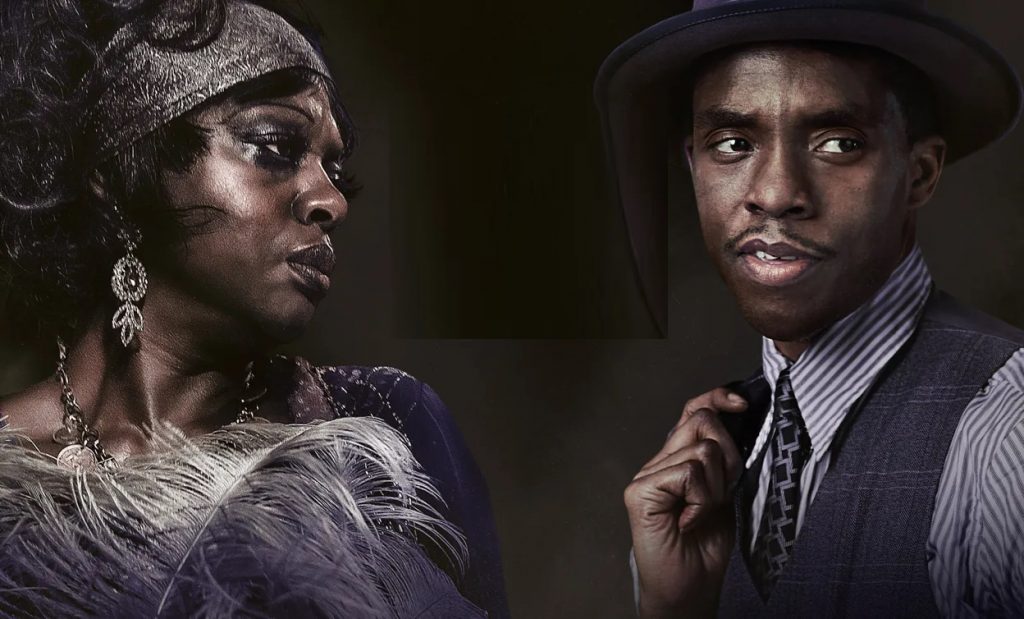While filming Ma Rainey’s Black Bottom, Viola Davis found herself quietly puzzled by the treatment her co-star Chadwick Boseman seemed to receive on set. He often arrived with an entourage, people who massaged his back between takes, or played calming music near him. To Davis, it looked like he was being pampered, set apart from the rest of the cast.
At the time, she had no idea that Boseman was battling late-stage colon cancer. He never mentioned his condition. Not to the cast, not to the crew. Instead, he poured every ounce of his strength into his role, never once complaining or giving any sign of the physical toll he was enduring. Davis, like everyone else, remained in the dark.
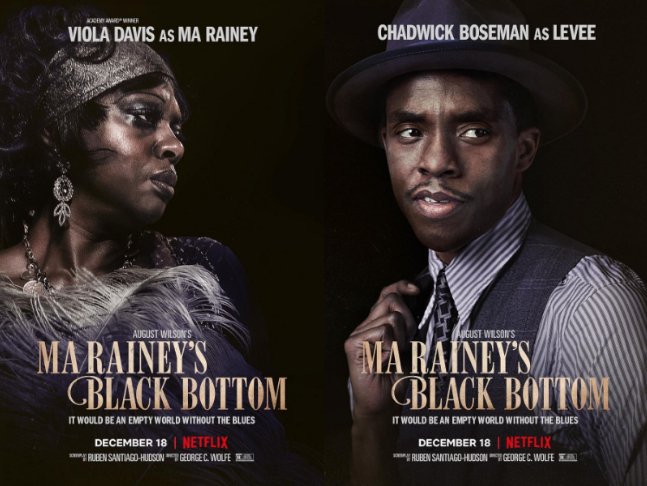
Years later, as she reflected on that experience, Davis admitted to feeling ashamed of her initial assumptions. She acknowledged that she had quietly judged Boseman’s behavior, thinking he might have been behaving like a diva. But what appeared to be privilege was, in truth, a lifeline—an essential support system for someone suffering quietly.
Boseman’s performance in the film is now considered one of his finest. His portrayal of Levee was raw, fiery, and unforgettable. It’s a performance that held nothing back. Knowing what he was going through physically only deepens the emotional impact of every scene. It’s a masterclass in what it means to give everything to a role.
Davis has spoken openly about how his passing changed her perspective. She now carries a heightened sensitivity about the hidden battles people might be facing. She reminds others not to jump to conclusions, because what we see on the surface is rarely the full picture. Boseman’s grace, she says, will stay with her forever.
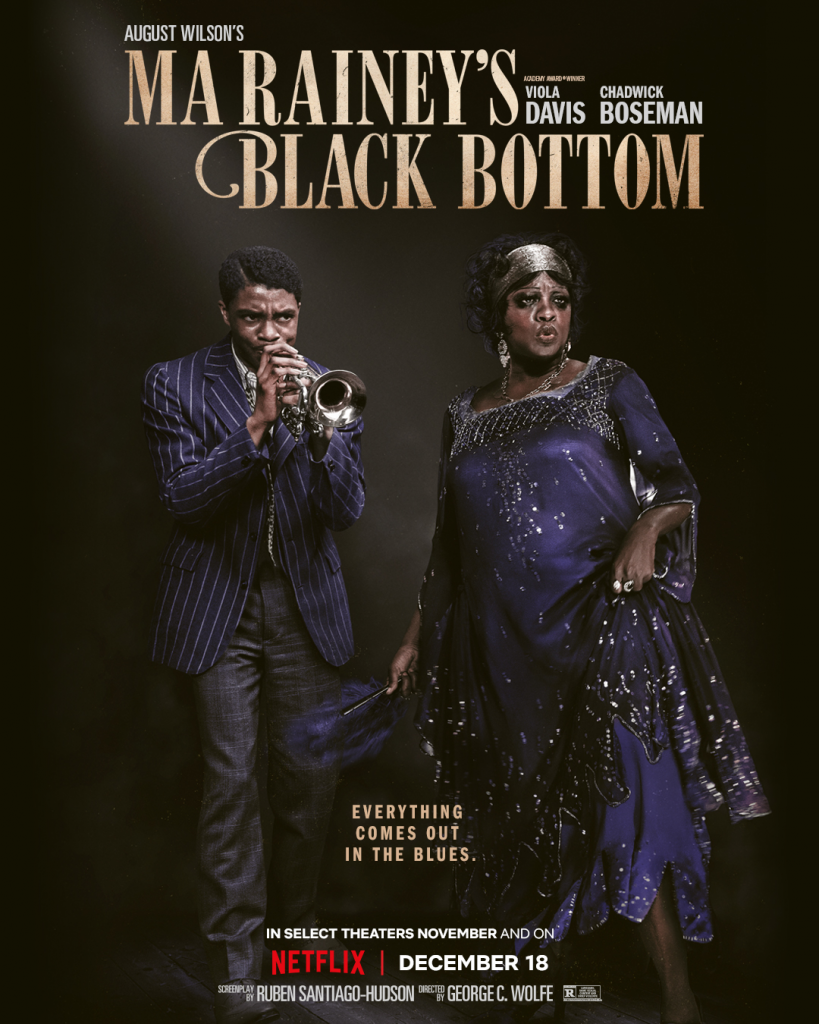
On set, he never asked for sympathy. He wasn’t interested in being seen as fragile. Instead, he carried himself with dignity, pushing forward when most would have understandably stepped back. The strength it took to film those emotionally and physically taxing scenes while undergoing treatment is something Davis and others still struggle to comprehend.
There was never a moment where he hinted at pain. No missed cues, no shortened takes. Just focus, professionalism, and a presence that uplifted the room. Davis remembers thinking he was intense—now, she realizes it was deeper than that. He was fighting two battles: one in front of the camera, and one within his body.
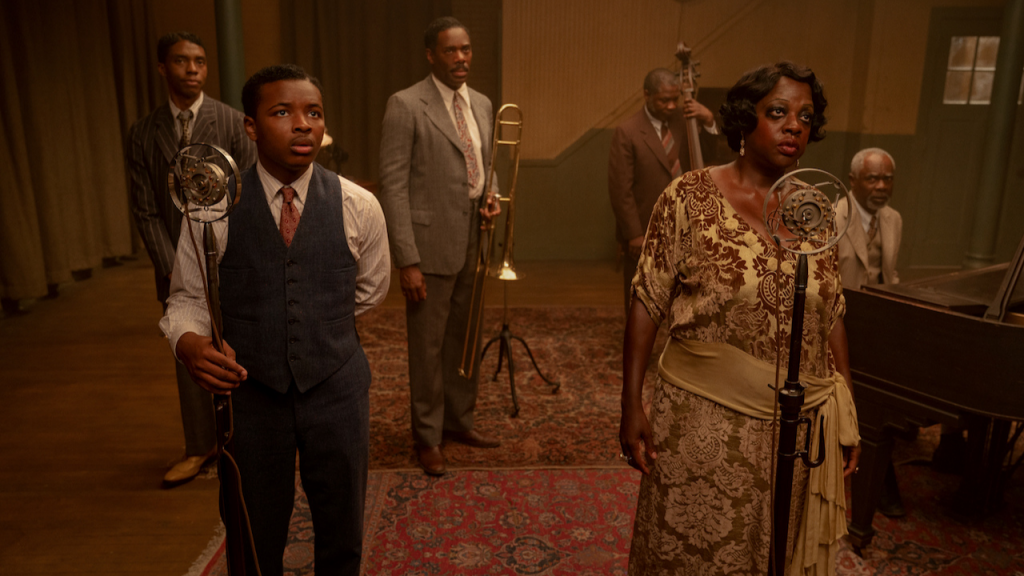
In hindsight, Davis’s honesty about her misjudgment feels deeply human. It’s not a confession made out of guilt, but out of reverence. She wants people to understand what real strength looks like. It’s not always loud or visible. Sometimes, it’s silent and hidden behind a smile or a perfectly delivered line.
Boseman chose to keep his illness private. Not even the producers or director knew. He never wanted pity to taint his work. He wanted to be remembered for what he gave—and what he gave was everything. Davis now sees those massages and quiet moments as a lifeline, not indulgence.
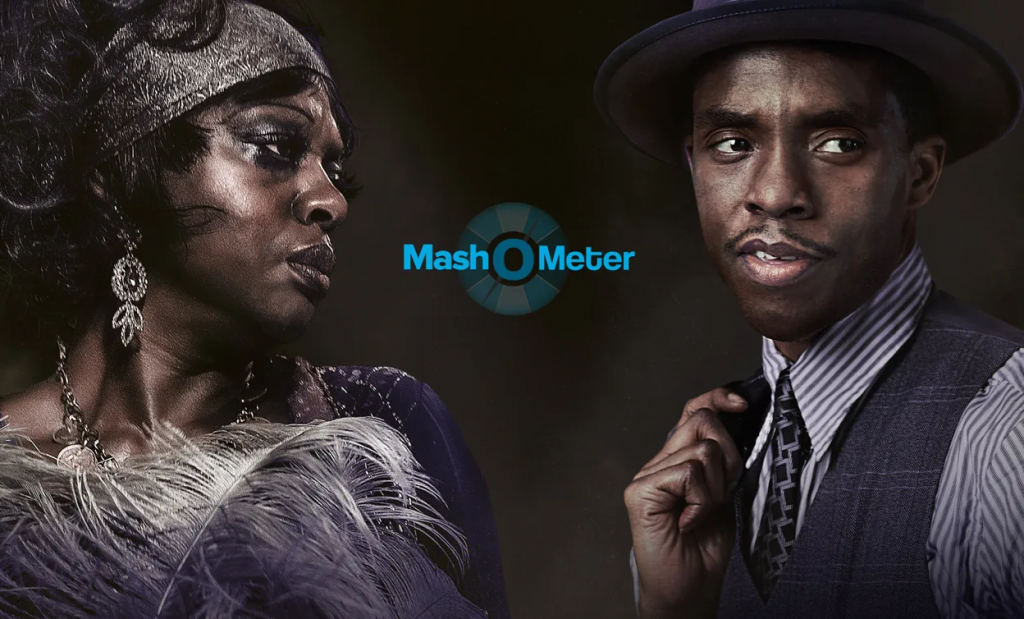
The loss of Chadwick Boseman left a hole in Hollywood, one that still feels fresh. But stories like Davis’s remind us not just of his talent, but of his humanity. He was a man who carried his pain privately, and gave joy, truth, and brilliance publicly.
Davis’s words resonate not just as a tribute, but as a lesson in empathy. Her experience on set became a reminder that kindness must extend beyond what we understand. That judgment, even unspoken, has weight. And that sometimes, the strongest people are the ones who ask for nothing at all.
